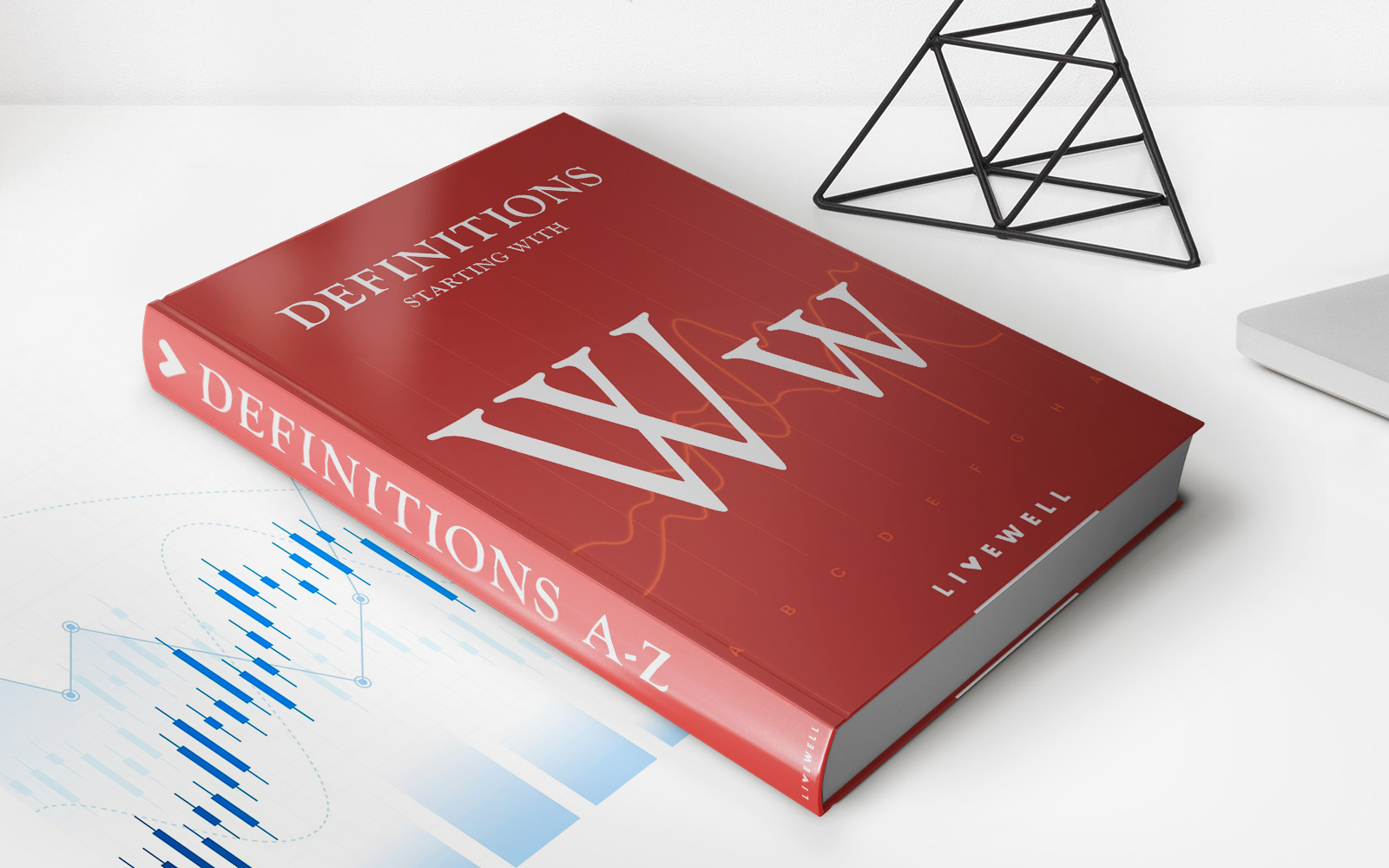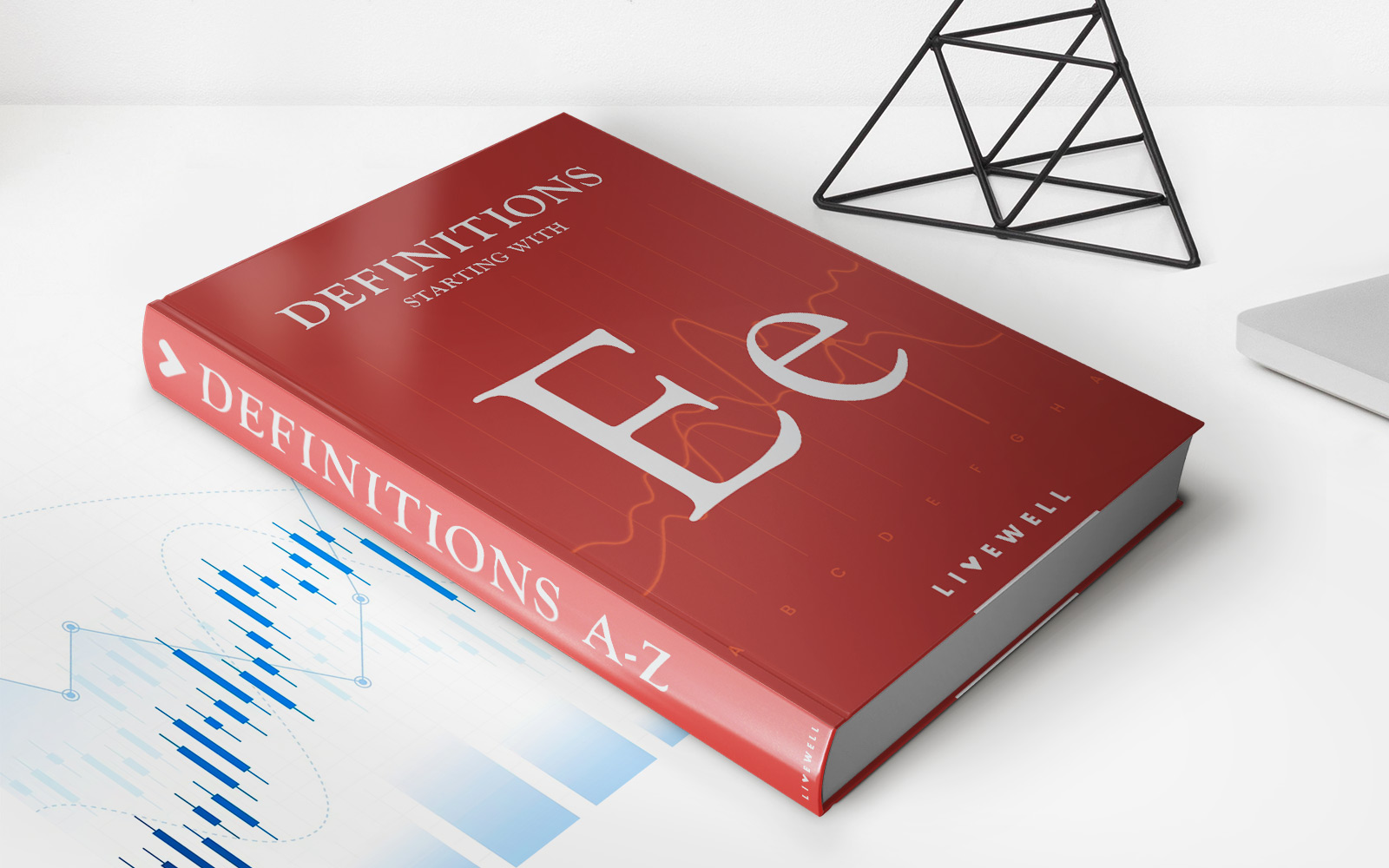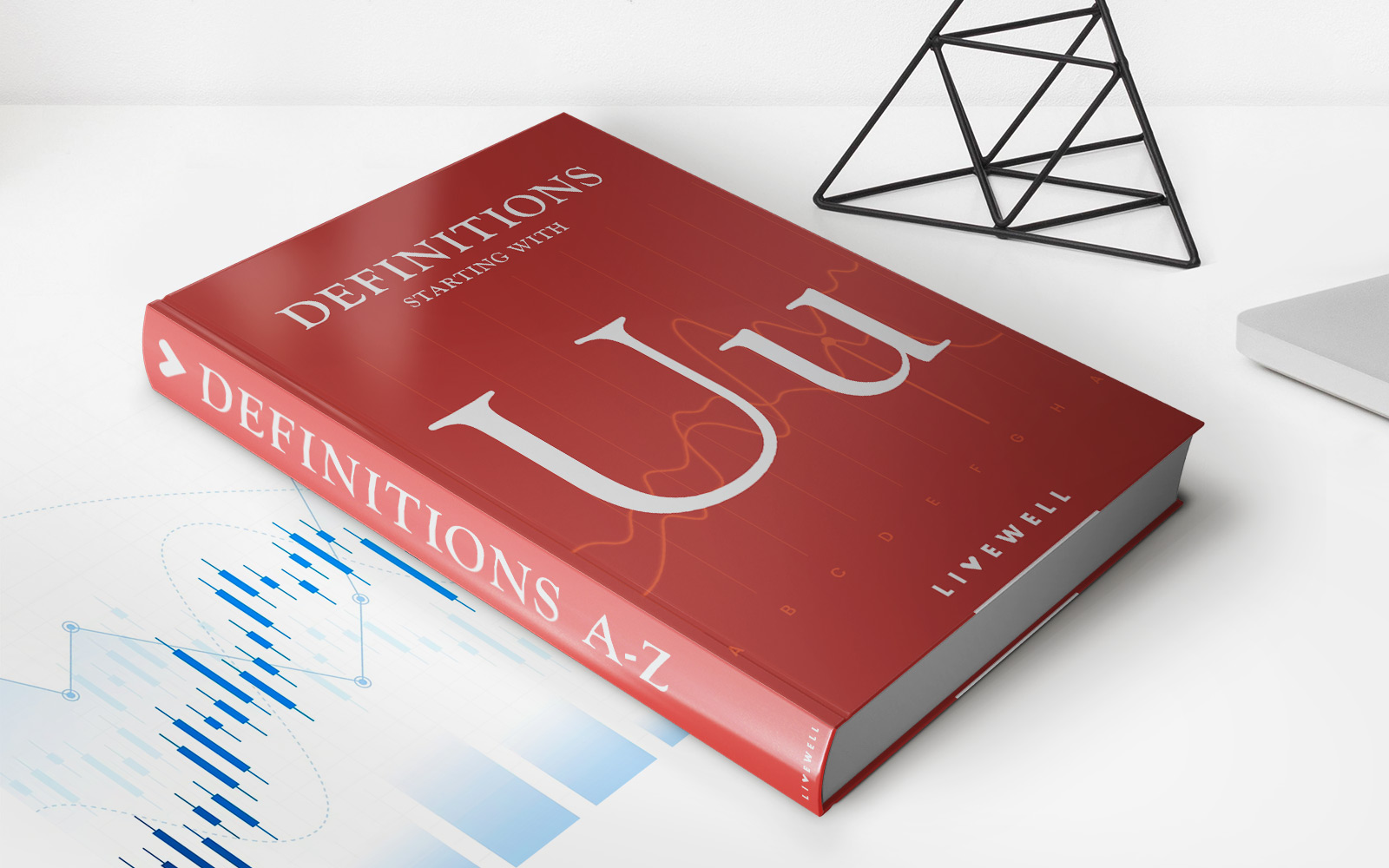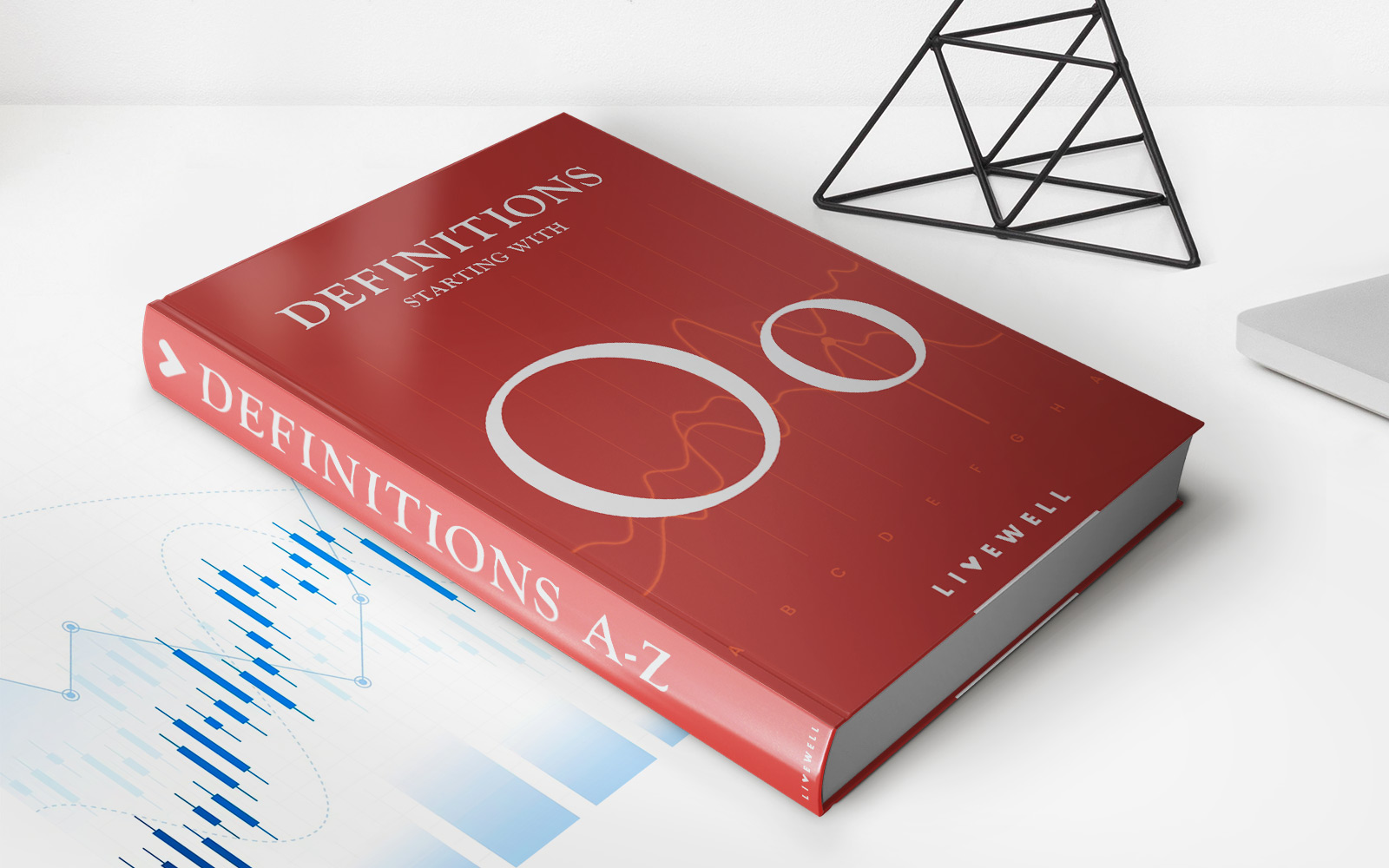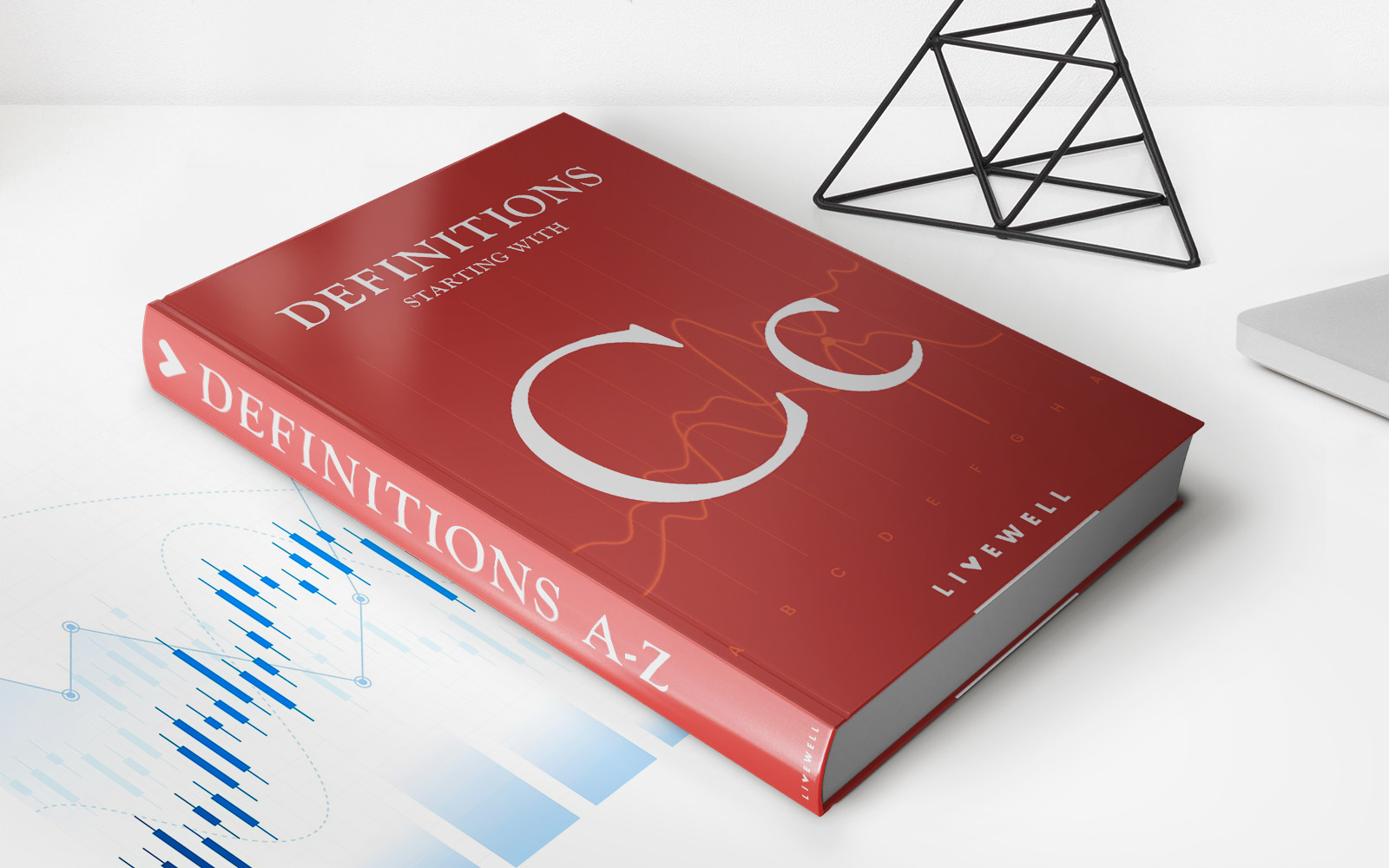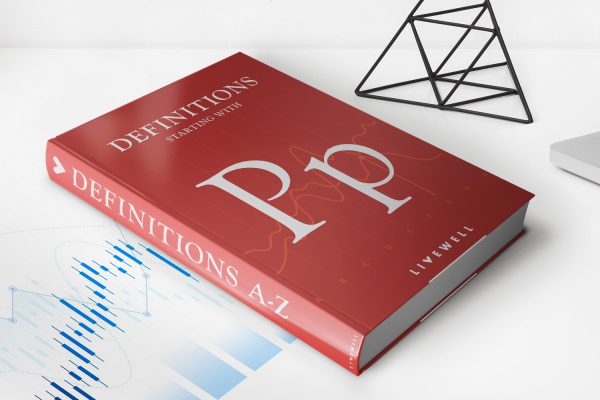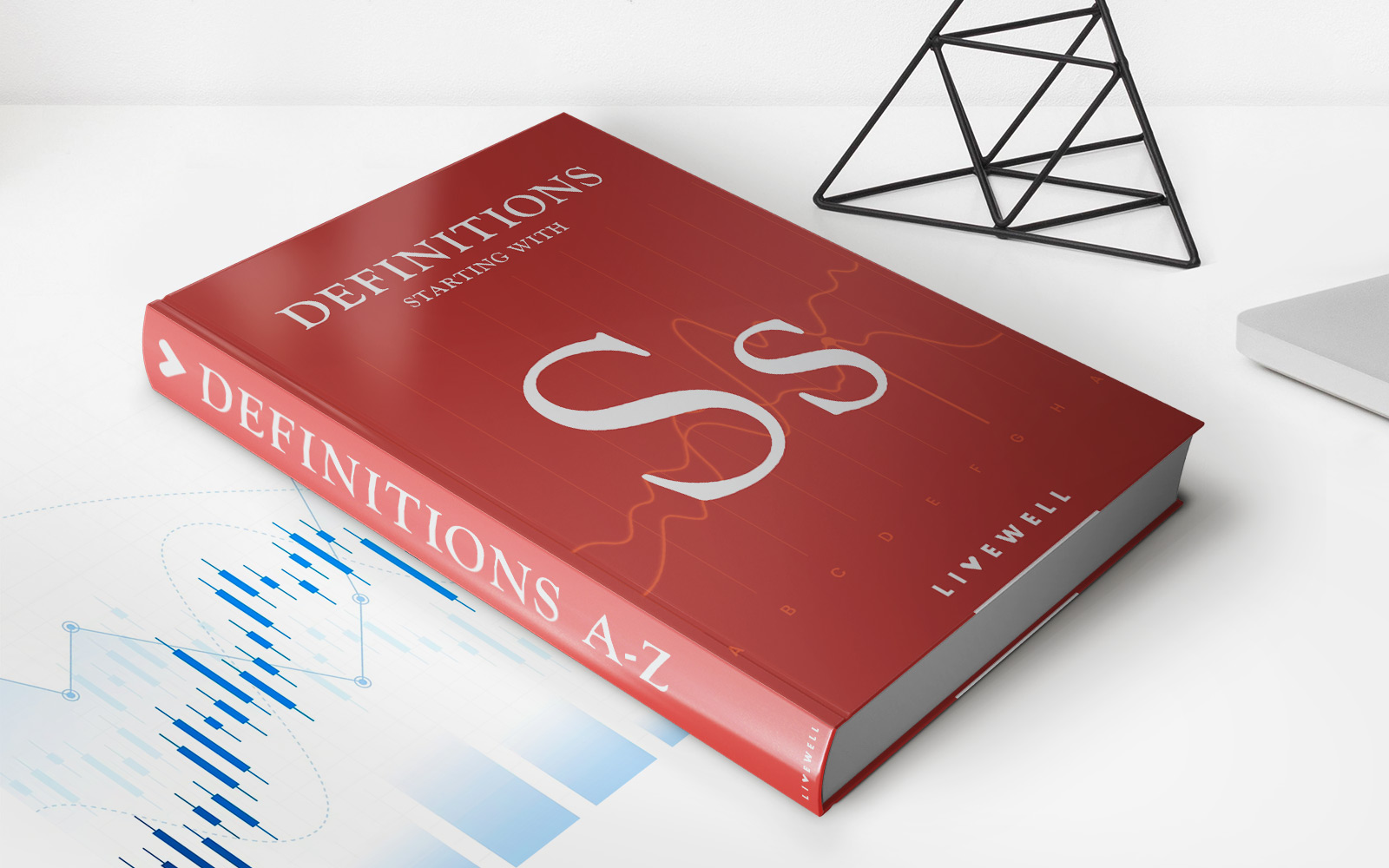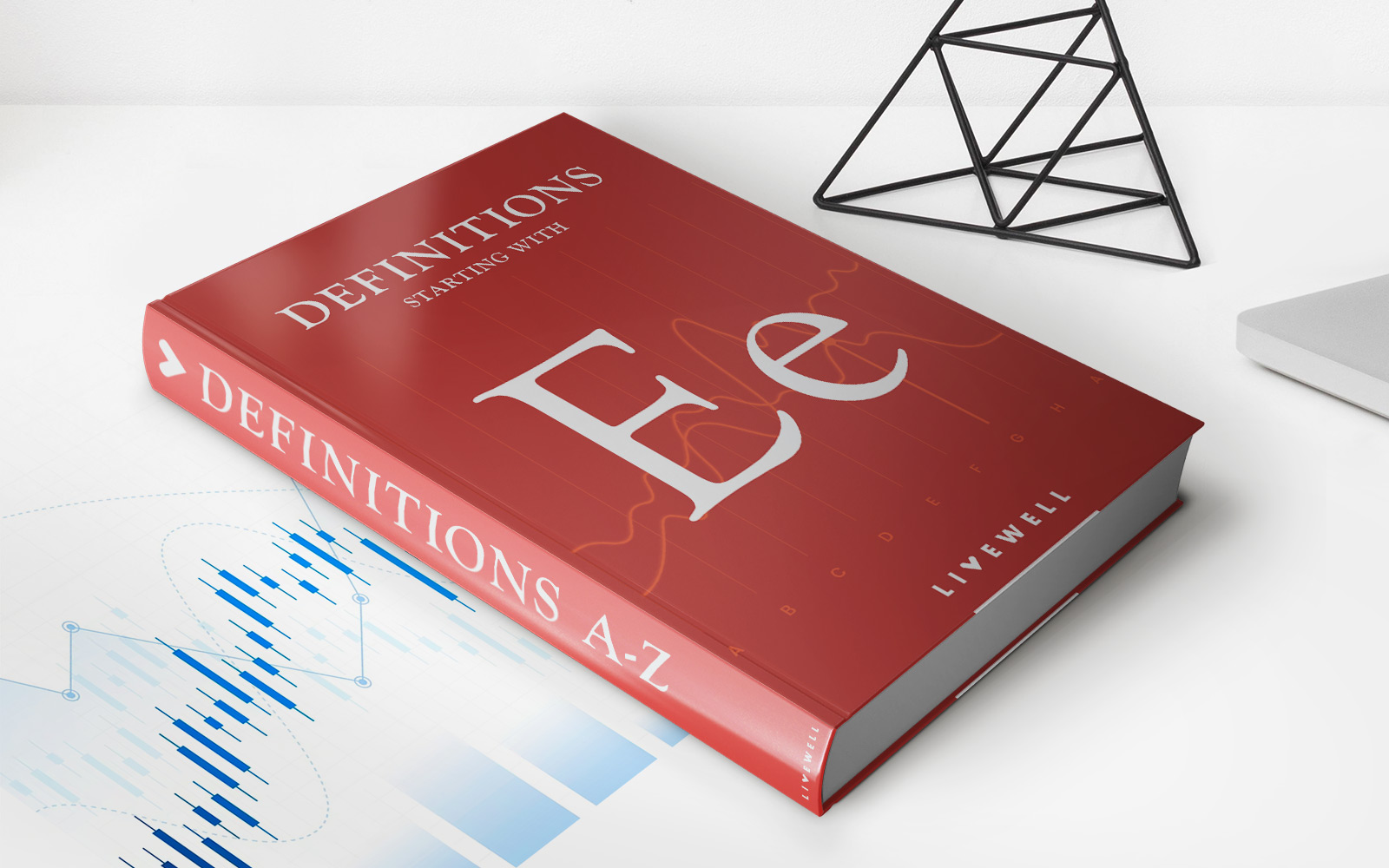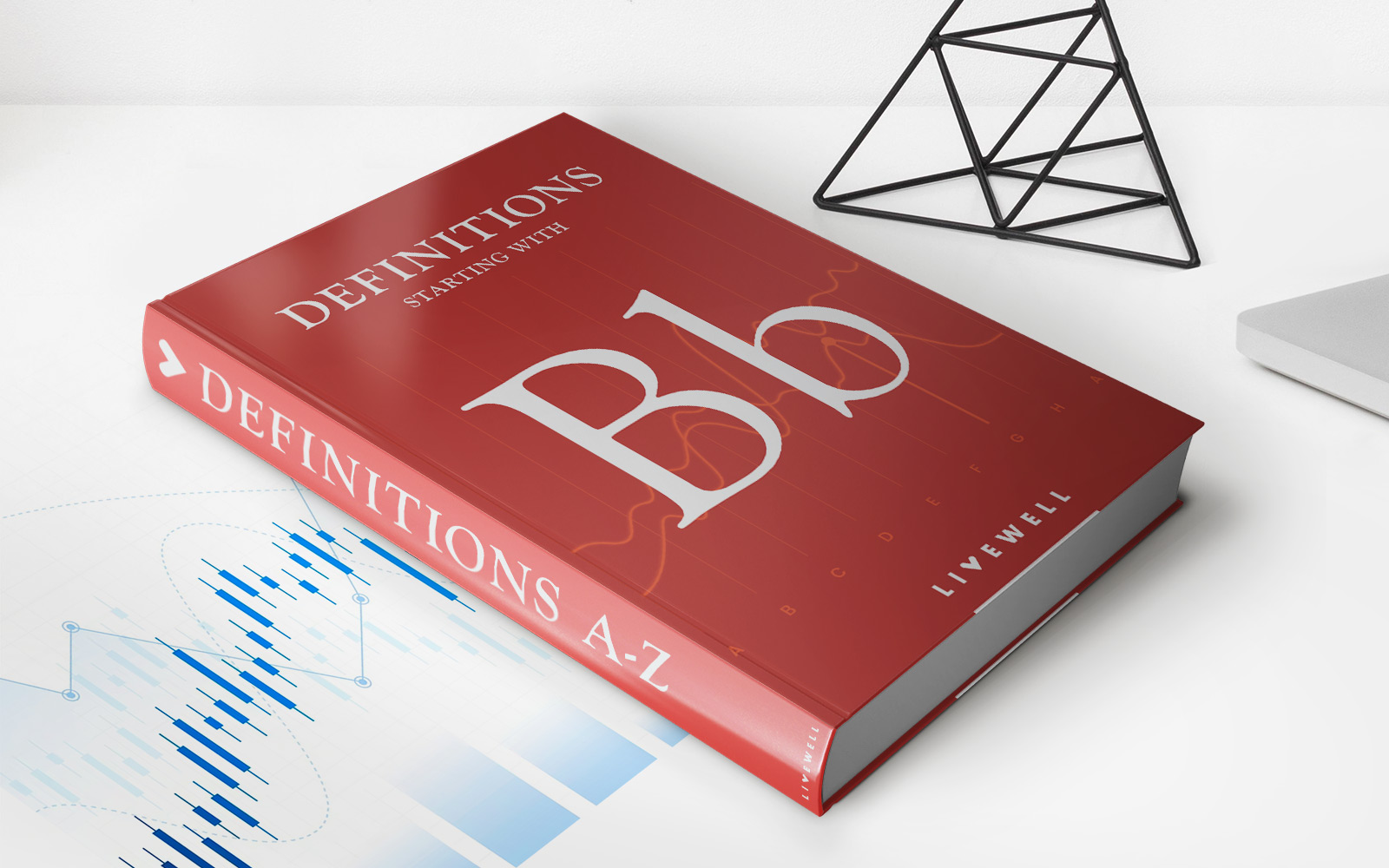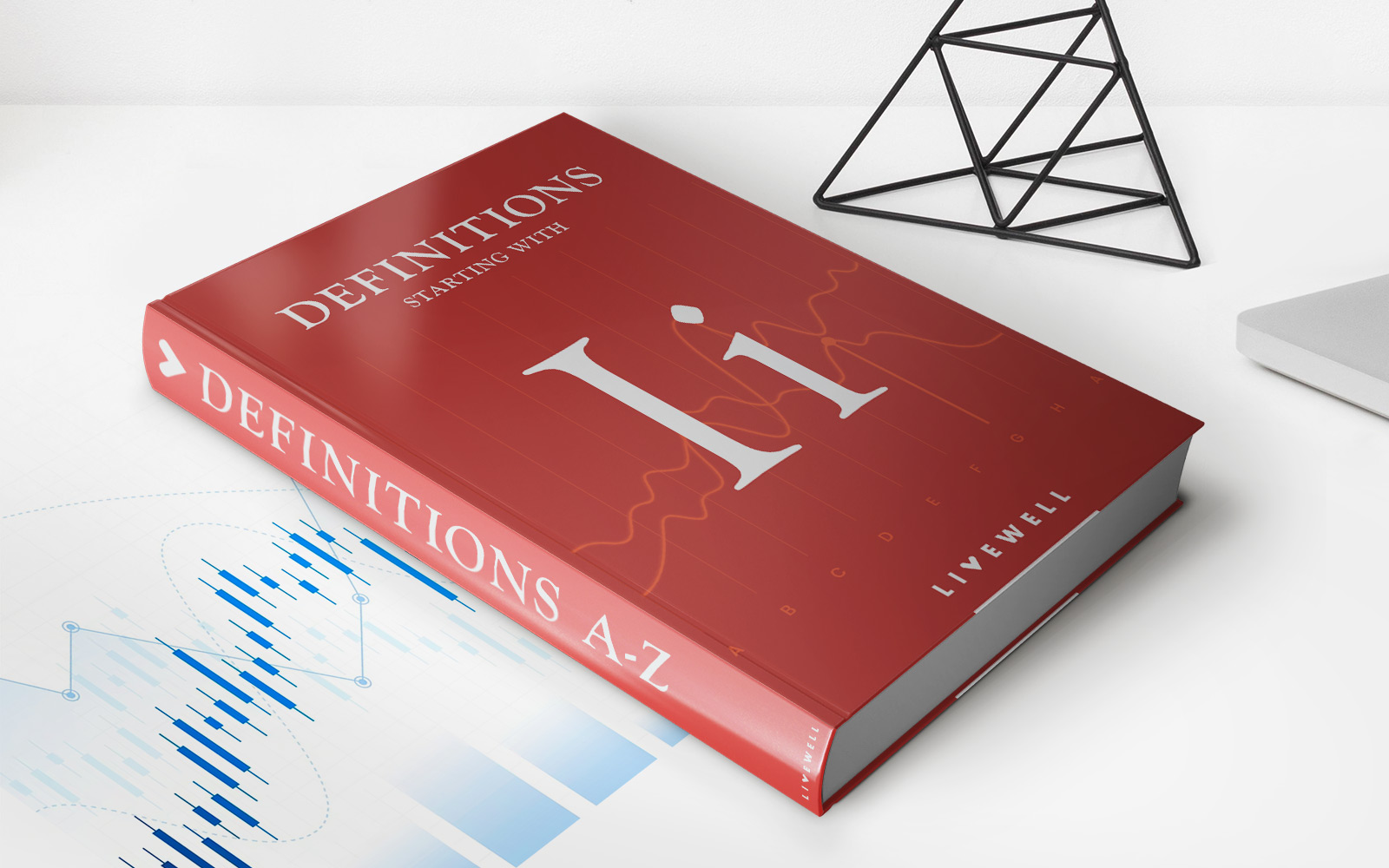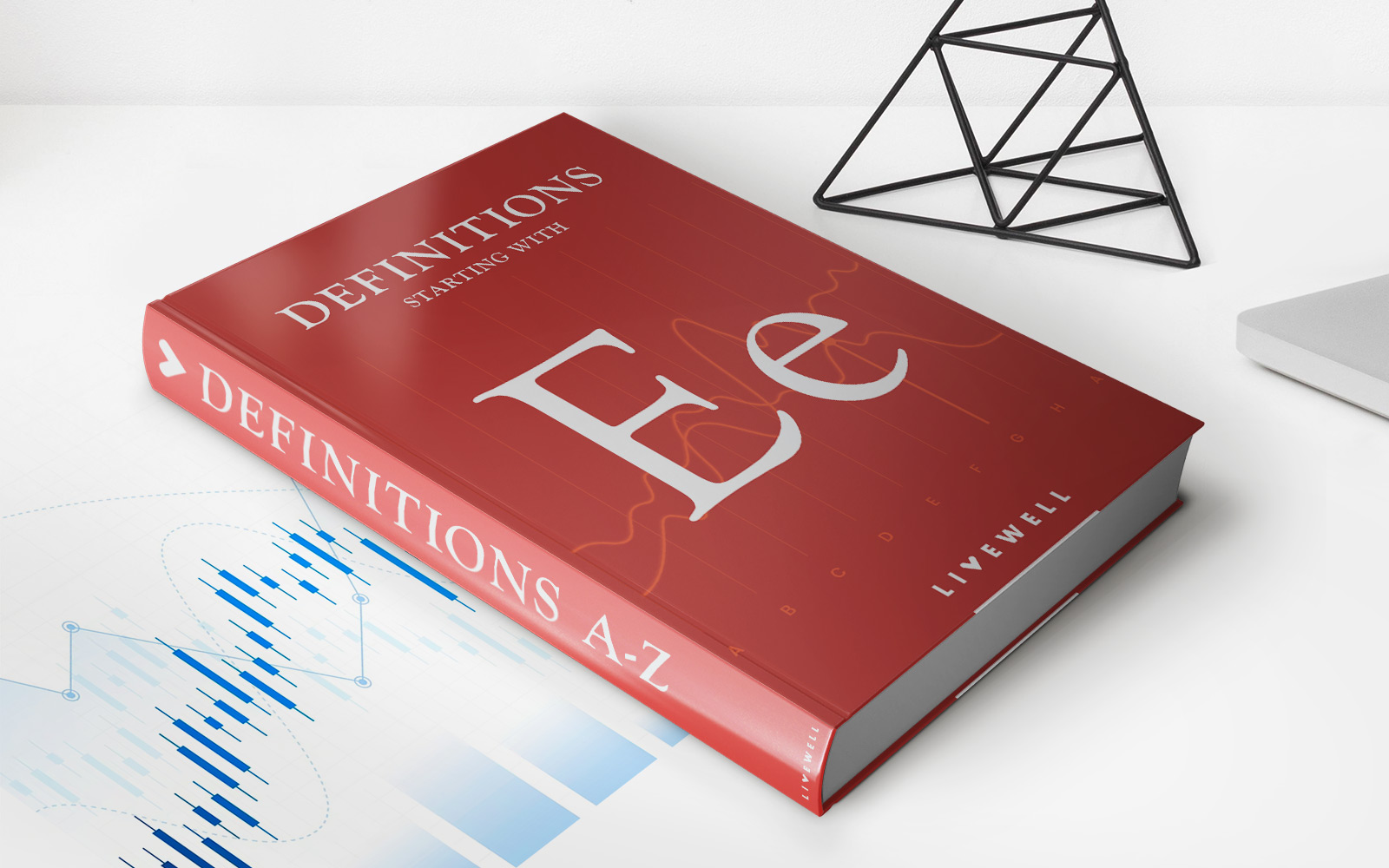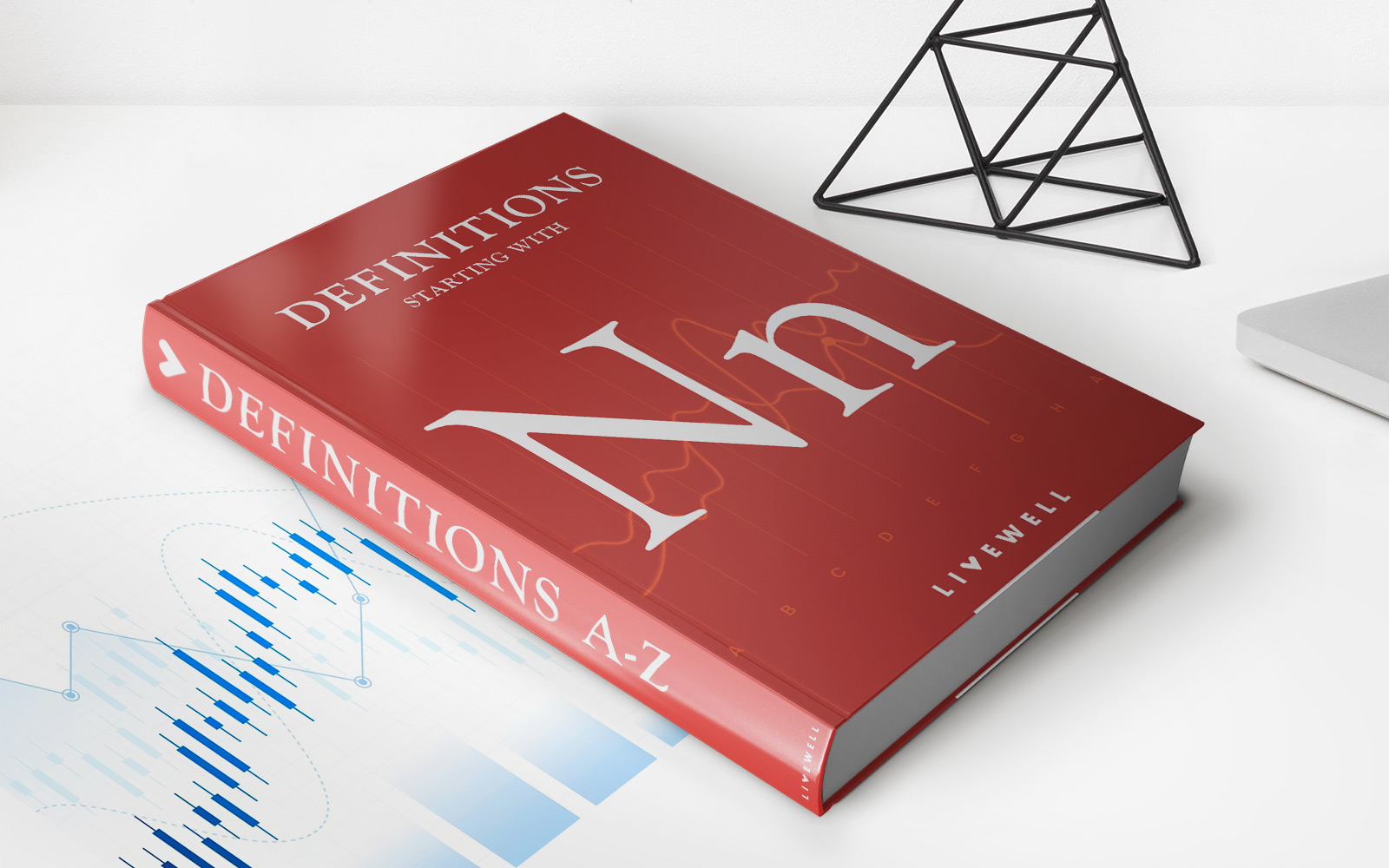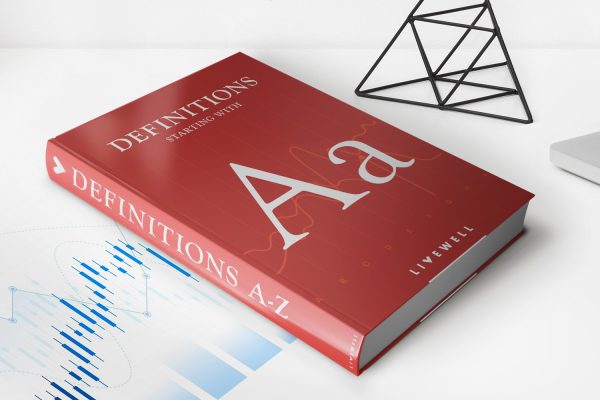Home>Finance>Endowment Effect: Definition, What Causes It, And Example
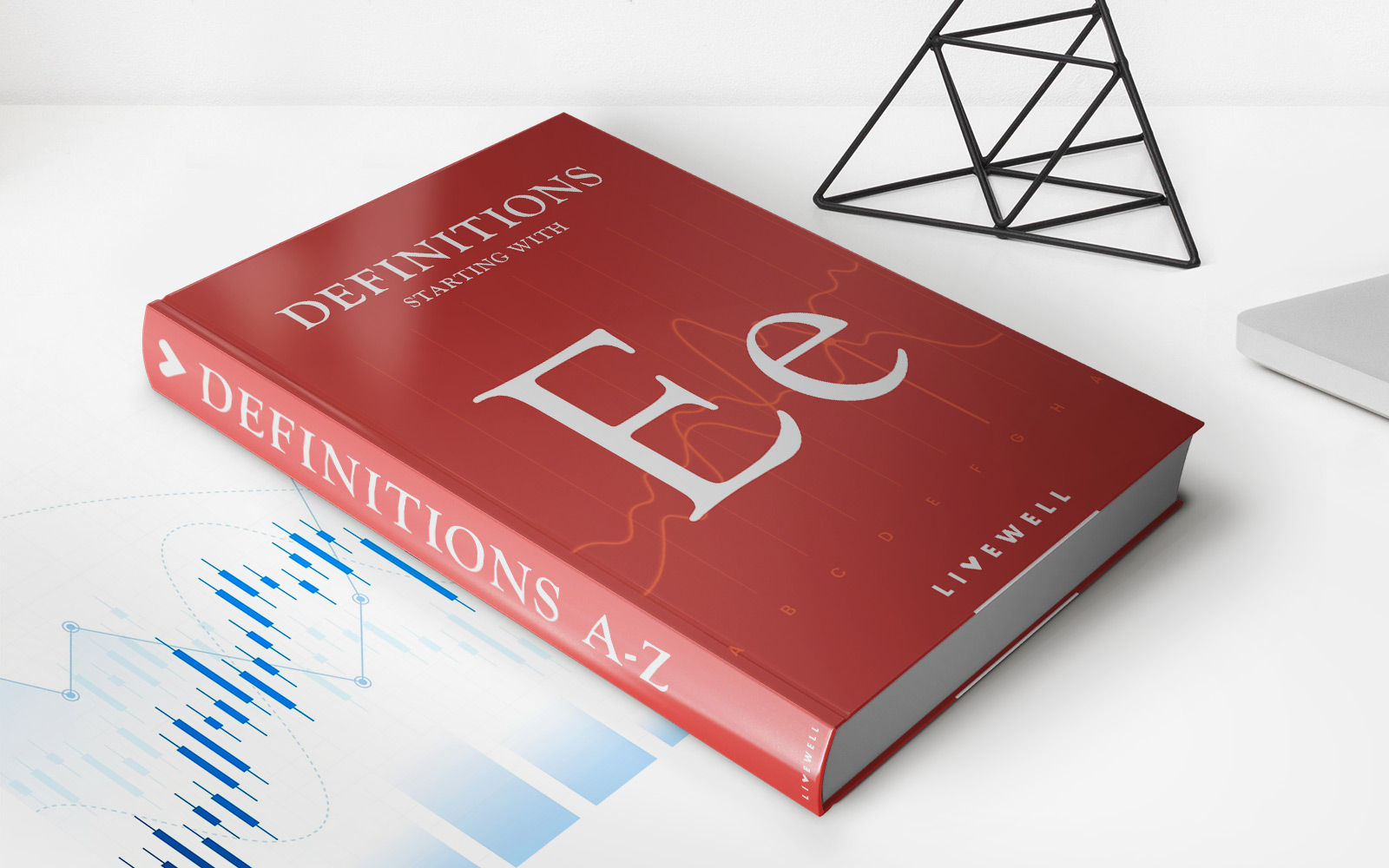

Finance
Endowment Effect: Definition, What Causes It, And Example
Published: November 18, 2023
Learn about the endowment effect in finance: its definition, causes, and an example. Understand the psychological bias that can impact financial decision-making.
(Many of the links in this article redirect to a specific reviewed product. Your purchase of these products through affiliate links helps to generate commission for LiveWell, at no extra cost. Learn more)
Endowment Effect: Definition, What Causes It, and Example
Welcome to the Finance category! In this blog post, we will delve into the fascinating topic of the Endowment Effect. Have you ever wondered why people tend to value things they own more than things they don’t? If so, you’re in the right place. We’ll explore the definition of the Endowment Effect, what causes it, and provide you with a real-life example to help you understand it better.
Key Takeaways:
- The Endowment Effect refers to the psychological bias where individuals value objects they own more than identical objects they do not own.
- Loss aversion, ownership attachment, and the desire for control are some of the causes of the Endowment Effect.
Now, let’s delve into the topic and explore the fascinating world of the Endowment Effect.
Definition: The Endowment Effect is a cognitive bias that describes the tendency for individuals to value objects they possess more than equivalent objects they do not possess. Put simply, we tend to overvalue things we own, which can impact our decision-making processes.
What Causes the Endowment Effect?
- Loss Aversion: One of the primary causes of the Endowment Effect is loss aversion. Humans tend to attach a higher value to things they own because the fear of losing something is psychologically more impactful than the pleasure of acquiring something new. This bias leads to a higher perceived value of personal belongings.
- Ownership Attachment: When we possess an object, whether it’s a physical item or an idea, we tend to develop an attachment to it. This attachment stems from the sense of personal identity and emotional connection we associate with ownership. This emotional attachment further reinforces the Endowment Effect.
- Desire for Control: Owning something provides a sense of control and autonomy. We have the power to decide how to use, display, or dispose of our possessions. This desire for control makes us place a higher value on our possessions, as we perceive them to be an extension of ourselves.
Example of the Endowment Effect:
Consider this scenario: You receive a free ticket to a concert, but the artist happens to be your least favorite. Now, imagine you have a friend who is a huge fan of the same artist, and this friend offers to buy the ticket from you. Despite the fact that you do not have any plans to attend the concert and have no personal preference for the artist, you find yourself hesitant to sell the ticket at the price your friend proposes. You might even ask for a higher price than the ticket’s original value. This behavior showcases the Endowment Effect in action.
By experiencing ownership of the concert ticket, you perceive it to be more valuable. The fear of losing something you possess, coupled with the emotional attachment and desire for control, skews your perception of its worth. This tendency is not based on rational economic considerations, but rather on psychological biases that influence our decision-making.
In conclusion, the Endowment Effect is a psychological bias that affects the way we value and perceive objects we own. The fear of loss, emotional attachment, and desire for control all contribute to this cognitive bias. By understanding the Endowment Effect, we can become more aware of these biases and make more informed financial decisions.
Thank you for joining us in exploring the fascinating world of the Endowment Effect. Stay tuned for more insightful articles in the Finance category!

